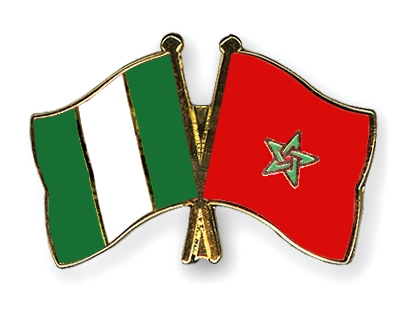Danlami Basharu, has been re-elected into the UN Committee on the Rights of Persons with Disabilities for the 2019 to 2021 term, in a contested election.
Danlami Basharu, whose first term expires in December, was elected at the first round with 108 votes alongside Lithuania – 111 votes, Australia – 107, Switzerland-104, South Korea – 99, and Ghana – 92.
However, 16 other countries went into the second round of election during which three representing Brazil, Indonesia and Mexico respectively were elected, while 30 countries initially sponsored candidates but eight withdrew at the last minute.
The Convention on the Rights of Persons with Disabilities and its Optional Protocol is one of the most widely-ratified international human rights treaties, which reaffirms that people with disabilities are entitled to the same treatment as everybody else.
Mr. Danlami Basharu, former President, Joint National Association of Persons with Disability, said:
“Currently, we are working on a programme with National Human Rights Commission and the Ministry of Women Affairs and Social Development in order to promote the awareness of the Convention in Nigeria.
And there have been quite a number of changes in the sense that various corporate organisations are realising the need to make their buildings accessible for persons with disabilities such as wheelchairs users and so on.
In that way, such persons can have access to employment and to education, to healthcare facilities and to social services; the National Disability Bill has been passed by the parliament and waiting for President’s assent.
The bill actually has designated the position for a National Commission for Persons with Disabilities in Nigeria, which will actually help to alleviate a lot of the challenges that persons with disabilities encounter in Nigeria.”
Tijjani Bande, Permanent Representative of Nigeria to the UN, applauded the election, saying:
“We wrote a letter to all the Missions telling them that the Nigerian Government was interested in the candidature of Basharu and this was followed by personal visits by the Mission to explain why this was important to us.
We arranged bilateral meetings with many missions in support of our candidates. We had agreements with several other Missions of mutual support, which we adhere to.
We also had a big event at the mission, to let the candidate interact with the all delegations; it was very well attended and we thank all those who gave a lot of support to our candidate.
Especially, the feel was really a very heavy one, and to be number two out of number 22, even though we started like just five months to the election when some have started three years earlier than we did.
But we also would like to say that when we have agreements, we stick to our agreements. We are not also unmindful of the fact that we do not go for many positions.
We select positions because we believe that other countries also have contributions to make in other committees and we try not to be all over the place.
So we are selective in the committees we go for. We are very grateful to all those who worked very hard.
It is an important position because it is dealing with a class of rights, not general rights but rights of those who are usually ignored and this is the measure of your humanity.
It’s how you connect and ensure the rights of those who, if left on their own, might be easily ignored; for example, you don’t know except through this effort, what challenges the disabled go through.
And to now insist on our understanding their rights and what is also our obligation to make sure they are given their full rights as human beings, this is important.
And that platform (CRPD) is very important and that is why all countries try to send their very best to advance that cause and we are very grateful Nigeria has an excellent candidate and he went through.
He would add the voice of Nigeria to the global efforts to protect and advance the rights of the disabled in whatever facet or area of disability we are talking about.”
